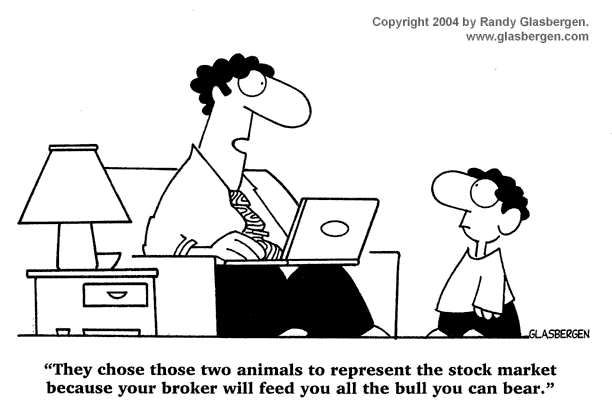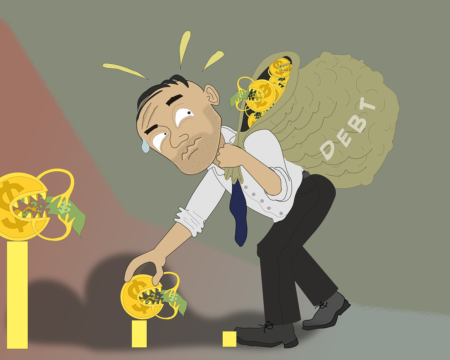

Active vs Passive Management

I regularly remind our clients that Actuarial Solutions Inc. does not give investment advice. We don’t give investment advice for two reasons – the first is that we aren’t insured for any investment advice that a client decides with 20/20 hindsight was bad advice. Second, I remain skeptical that anyone on our team has special insight that makes the investment advice that we could give be of sufficient value that I would want to put our brand name behind it.
With that said, we have a front row seat into the investment decisions that our clients make and the advice that their advisors provide. It is safe to say that the investment policies of our clients are all over the board. When I was younger I thought they couldn’t all be right – but as time has gone by I see a possibility that they are all right for their circumstances (now called risk and return objectives).
Recently, some things have hit me that I think are worth discussing. I am going to express my personal opinions around investments but it shouldn’t be misunderstood as advice. We recommend that clients that want investment advice engage the services of an investment professional.
On May 23, 2014 there was an article in the Globe & Mail by Boyd Erman commenting on a letter that Larry Fink, head of BlackRock Inc. wrote to the CEOs of the biggest publically traded companies. Because BlackRock operates a number of index funds (passive investing) they find themselves invested in the universe of available stocks and aren’t in a position to choose the ones they like the best. As a result, Mr. Fink is quoted as saying “As the largest index player in the world, we have to own companies, even if we hate ’em”. Isn’t that heartwarming?
Meanwhile, on May 3, 2014 there was an article in The Economist titled ‘Will Invest for Food’, which is an analysis that concludes that more and more investment dollars will move to passive investing because it is lower cost and because more than half of the active managers cannot beat the passive benchmark net of fees. The article sites Warren Buffet’s most recent annual letter in which the Oracle from Omaha says in respect of what should happen to his own investments after his death “My advice to the trustee could not be more simple: put 10% of the cash in short-term government bonds and 90% in a very low-cost S&P 500 index fund.” Really?
So Warren and Larry have figured out the same thing – that no one is as smart as Warren once was and that you can no longer look inside a business to figure out if it is a good investment or not. The best we can hope for is that if we own a little piece of everything that the world will move ahead and we will get to go along for that ride. Lord help us!
I have two problems with these conclusions. First, I just don’t believe it is true. Maybe the investment industry has many advisors that are more lucky than good – but I think that over time good managers will rise to the top and be recognized for their ability to look at businesses and pick winners. The issue isn’t whether there are good managers – the issue is how to identify them and how much patience to have with a good manager having a bad year. Second, if you follow the logic, the more people that move to passive investing – the more money that can be made by active managers.
I am not sure how to do the math to figure out where the equilibrium will be between active and passive management. In school they taught us how to use limits to determine boundaries and all I know for sure is that if everyone in the world moves to passive investing except for me – I am going to do pretty well avoiding the obvious-to-everyone dogs that Mr. BlackRock complains that he has to buy just because the dog listed their stock on the exchange. Defined benefit pension plans are supported by the governance structure and investment expertise to do a better job than individuals in selecting the right active manager. While it may be true that individual investors might optimize their time investment in oversight by moving to passive investing it would be a disappointment to see large defined benefit plans do the same.



Comments
1